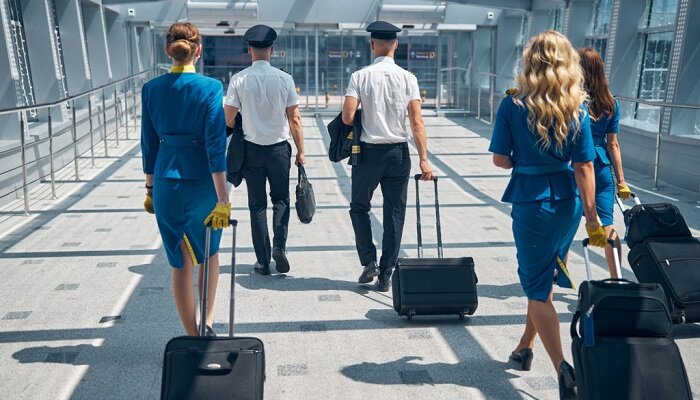According to insights, the aviation sector will require the employment of 1.3 million professionals by 2032 in order to meet the projected growth of both commercial and private travel markets. The commercial aviation division will have to recruit and train 1.18 million workers approximately to fulfill this demand. On the other hand, the business aviation sector will need to hire 106,000 individuals to address retirements, attrition, and industry expansion.
To sustain the industry’s growth and safety, initiatives are underway to promote aviation careers, engage underrepresented communities, and establish innovative support programs. As commercial aviation approaches full recovery and business aviation exceeds pre-pandemic levels, the need for skilled personnel will keep increasing. Collaboration and innovative approaches are vital to ensure a steady supply of well-trained professionals for the future.
The global aviation industry is experiencing a shortage of skilled workers in roles like pilots, ticket agents, baggage handlers, flight attendants, and aircraft mechanics. Hiring new employees has been slow despite the fast recovery in travel demand. Many aviation workers were laid off during the pandemic and found new occupations or flexible work arrangements.
Insights indicate passenger traffic is expected to reach pre-pandemic levels in 2024, with North America leading the recovery in 2023, followed by Latin America, Europe, the Middle East in 2024, and Africa and the APAC region in 2025.
Airlines, driven by rising travel demand, are investing in new aircraft and technology to expand operations post-pandemic. The global civil aviation industry will need 284,000 pilots, 402,000 technicians, and 599,000 cabin crew members in the next decade as aircraft numbers increase. In the Middle East, 129,000 new professionals will be required, while Africa will need 29,000 new talents by 2032. Specifically, the commercial aviation sector in the Middle East will demand 28,000 commercial pilots, 22,000 maintenance technicians, and 78,000 cabin crew members in the next ten years.
As per insights, the business aviation sector will need 1,000 new employees, including 450 pilots. Globally, there will be a demand for 2.3 million aviation workers in the next 20 years, with the Middle East and Africa contributing 13 percent. Airlines are expected to invest $200 million in training and professional services to replace retiring staff and fuel industry growth. Insights also indicate that there has been a surge in the number of applicants as air travel demand rebounds following the reopening of borders to international visitors after the pandemic. A higher education institution in Dubai reported receiving 2,981 applications for its undergraduate program in the 2022-2023 academic year, surpassing the pre-pandemic levels of 1,638 applications in 2019-2020.


































